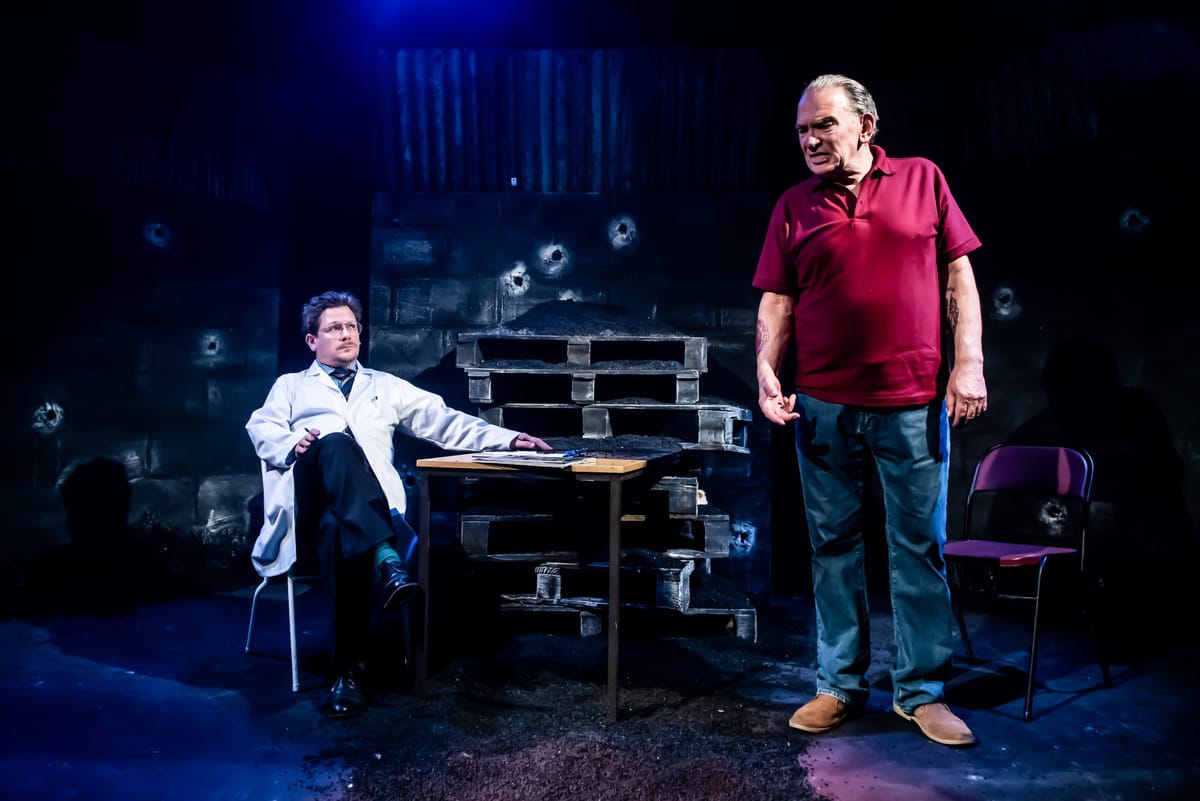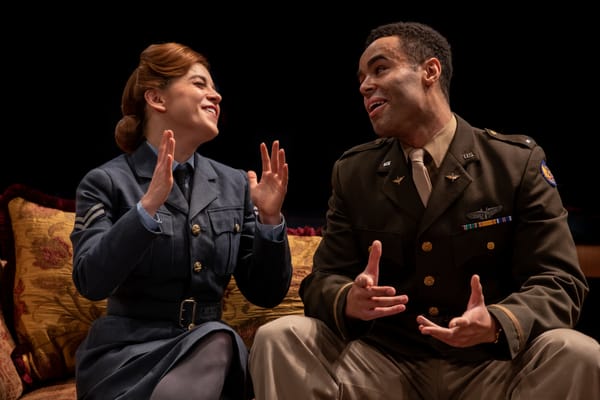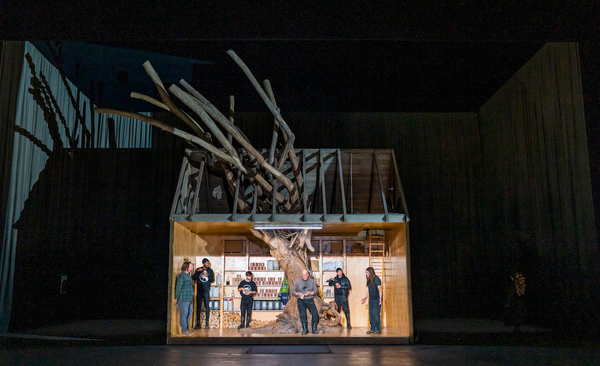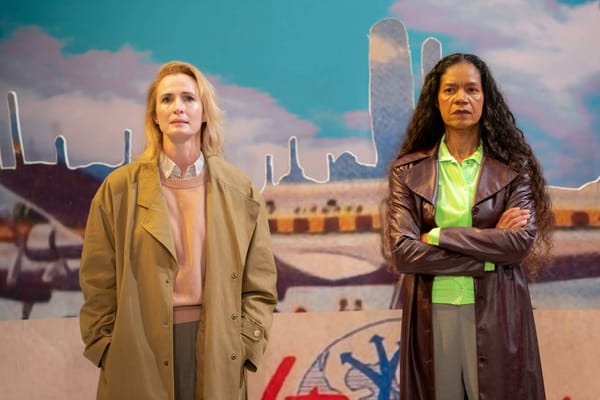Yes So I Said Yes: Tasteless black comedy
Yes So I Said Yes explores life in a post-conflict Northern Ireland

Yes So I Said Yes
★★
- What: Theatre
- Where: Finborough Theatre
- When: Until 18th December 2021
- Cost: £23
On the 100th anniversary year of the opening of the Northern Ireland Parliament and the partition of Ireland, Yes So I Said Yes explores what life in post-conflict Northern Ireland was like from the viewpoint of a former paramilitary, Alan “Snuffy” Black (Daragh O’Malley). This black comedy is written by the multi-award-winning playwright David Ireland and was first performed as part of the Belfast Festival in 2011 before touring around Northern Ireland. The English premiere was here, at the Finborough Theatre, in 2017.
It starts with Alan, an Ulster-loyalist, who is suffering from insomnia due to the barking of his neighbour’s (Owen O’Neill) dog. When he raises this issue with his doctor he is diagnosed with depression, which triggers his loss of sense of reality. From this moment onwards the play transitions into the illustration of the modern Northern Irish society through abrupt scenes of sexual violence, bestiality and irrational and emotional manipulation between the characters.
Later on, new characters appear, such as a comical duo formed by two Unionist paramilitaries who contribute to the sense of conspiracy around Alan, and a therapist who offers a barbarous solution to his problem. The acting of all the main cast was outstanding and somehow managed to bring a nonsensical and unimaginable story to life.
Even though the play started strong: with effective jokes and a potentially interesting plot line, as it developed, we witnessed very unpleasant scenes. The tastelessness exceeded the limits of what is reasonable, even for a black comedy, resulting in an awkward and uncomfortable show.
Overall, despite having many clever comical moments and excellent performances, the play was not an enjoyable experience for us. The attempted addition of humour and satire, in our opinion, did not add to the telling of Alan’s story. While the interactions between Alan and the other characters were important in understanding and experiencing the feeling of having one’s identity erased; the metaphor was outrageous and seemed unnecessary in telling the essence of the message. Moreover, the play may have conveyed his frustration and loneliness effectively enough without such explicit scenes of violence.
All in all, the cast gave as good as they got, but this was an uncomfortable and, at times, tasteless window into life after the Troubles.









